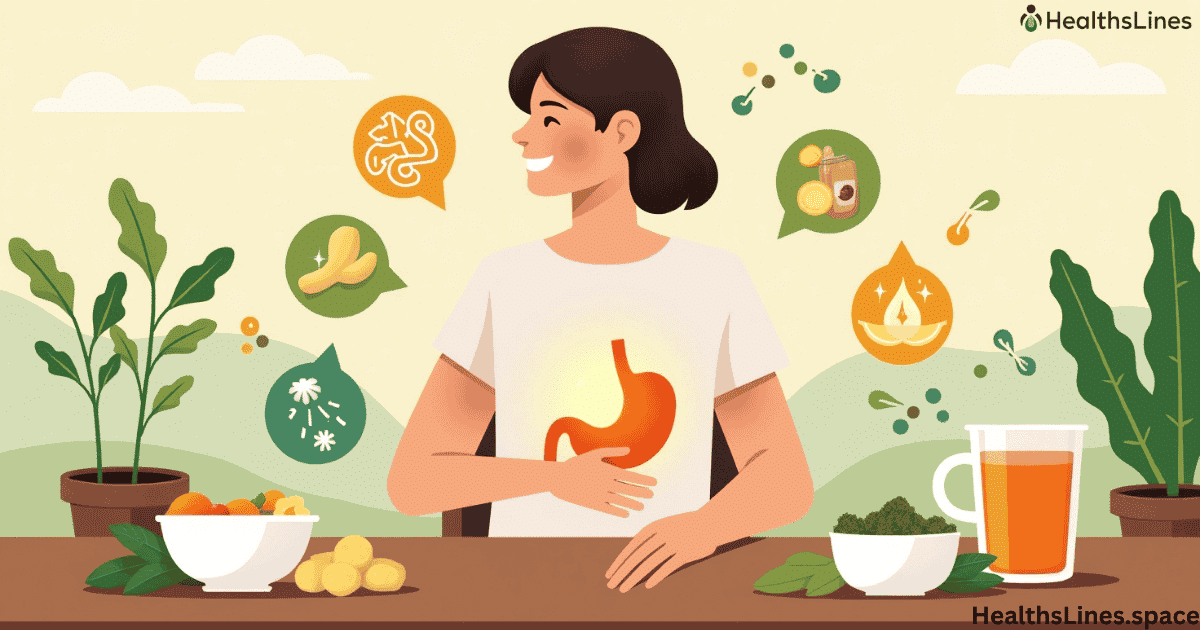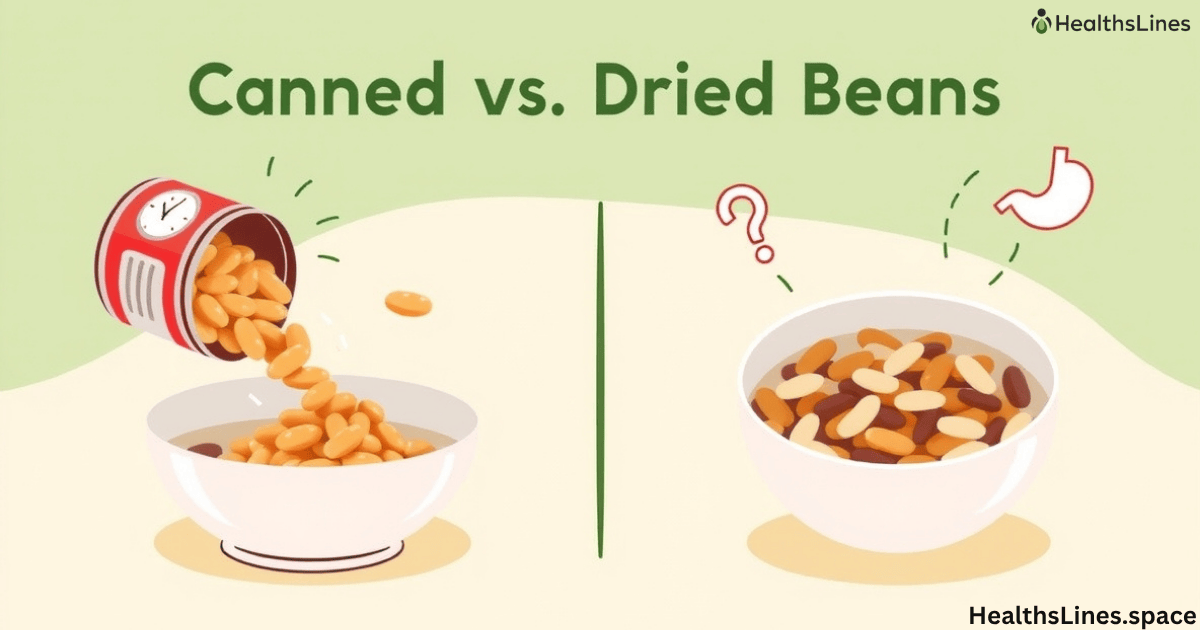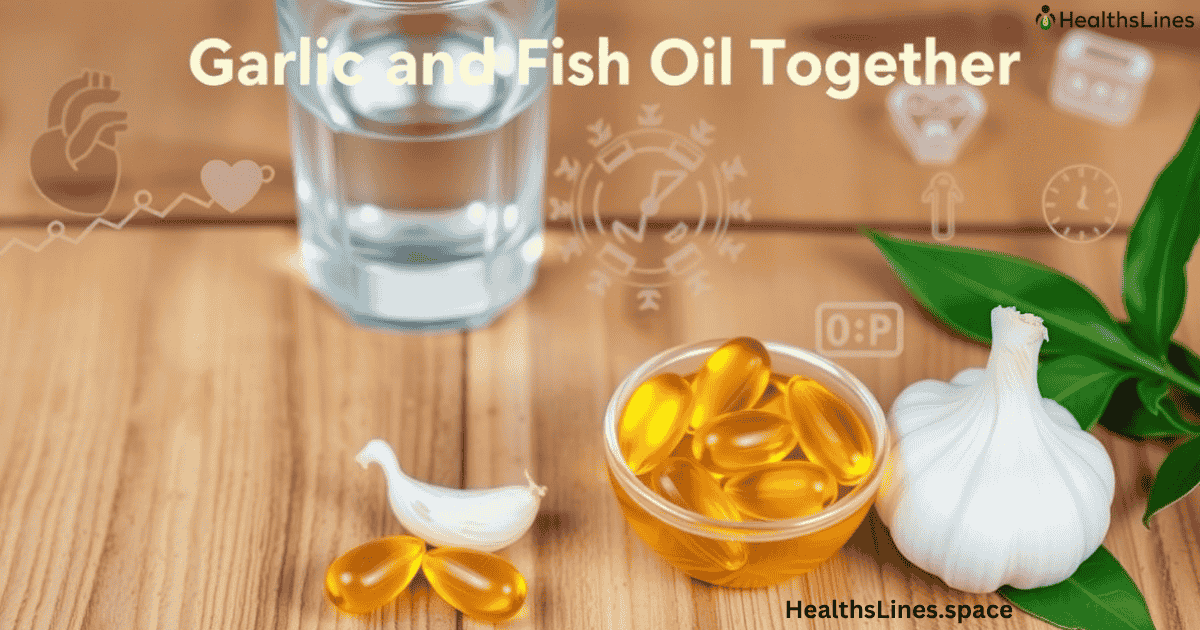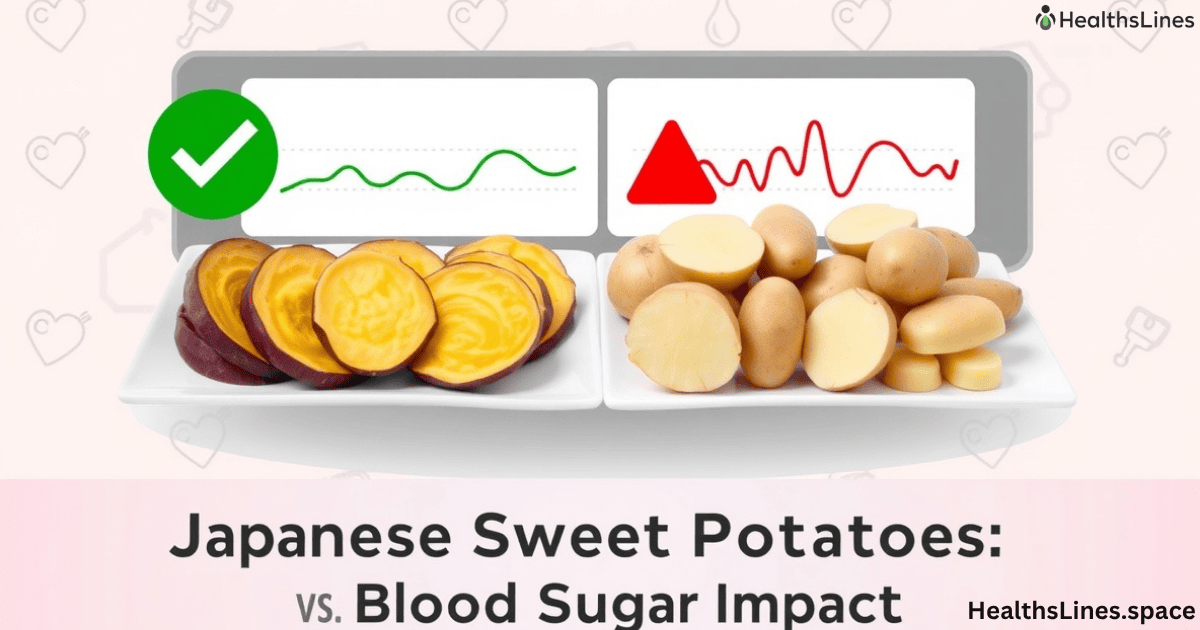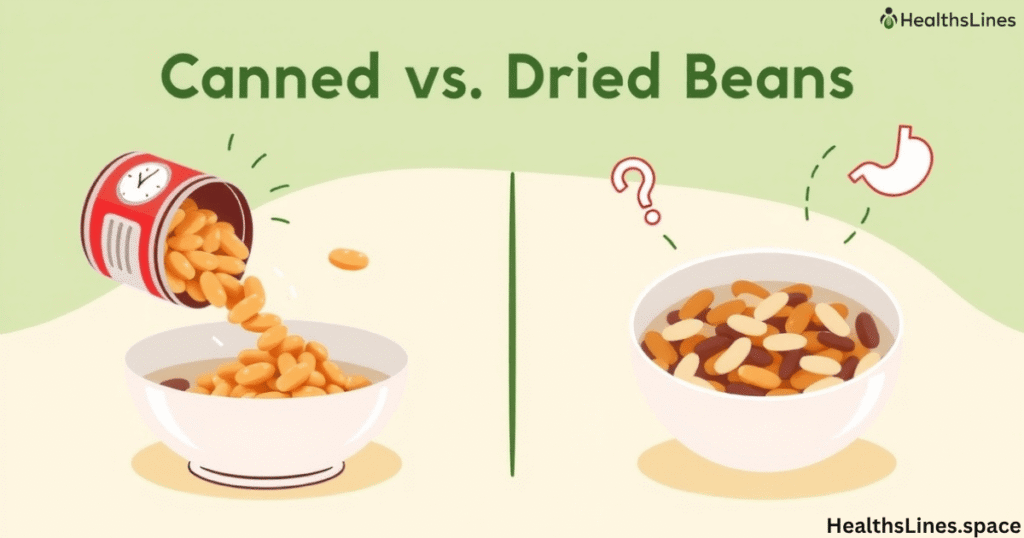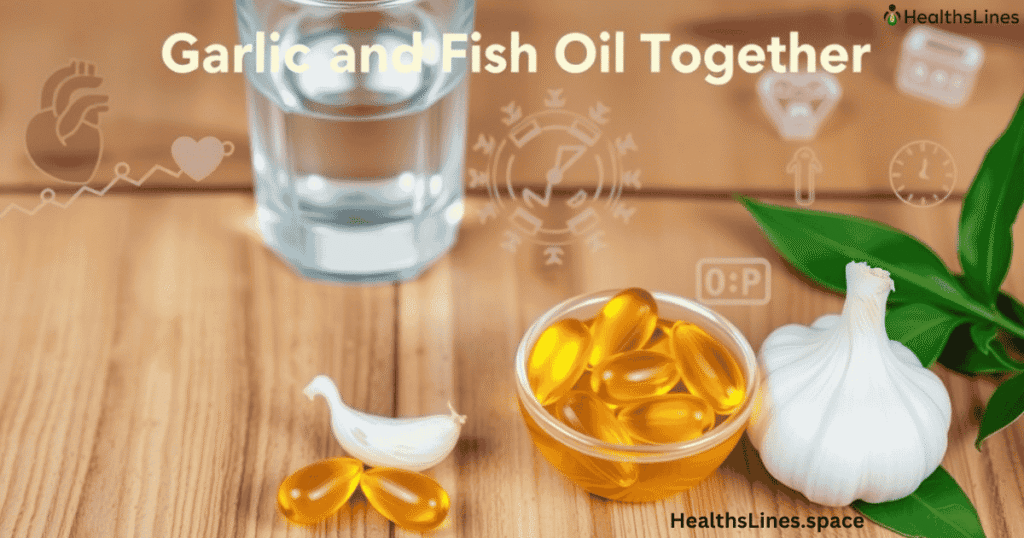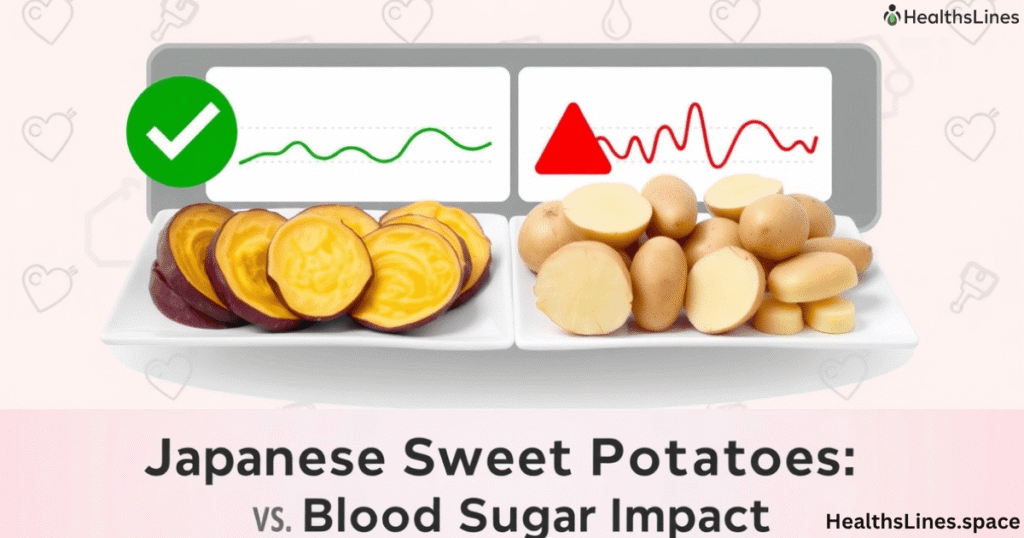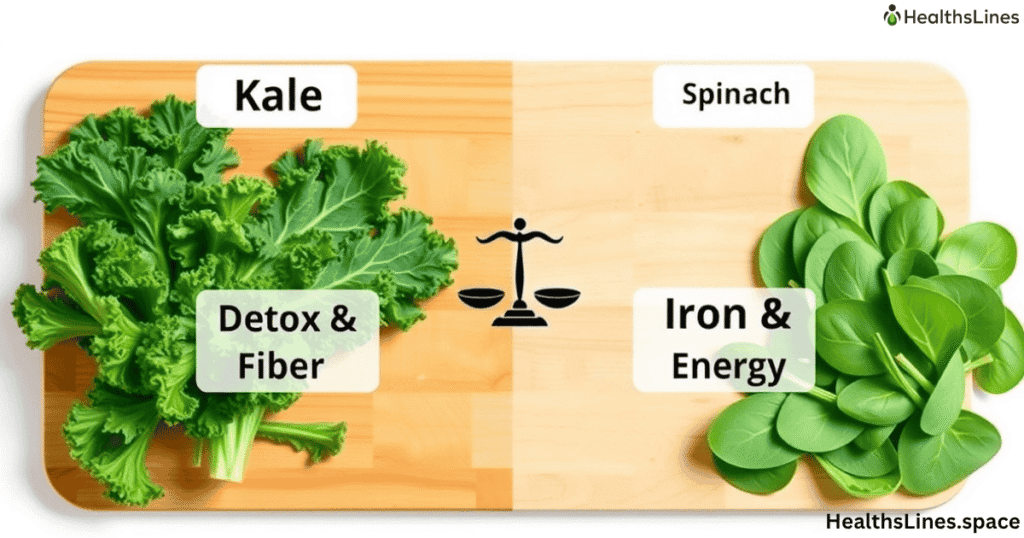Good digestion is the key to better energy, clearer skin, improved mood, and a stronger immune system. When your digestive system works smoothly, your body can absorb the nutrients it needs, remove waste efficiently, and keep inflammation low. But for many people, digestive problems like bloating, gas, constipation, or heartburn are common Improve Digestion. These issues often come from daily habits that harm your gut health.
The good news is that you can make small changes to help your body digest food better. You don’t need pills or complicated diets. Most of the time, natural ways to improve digestion are more effective and safer than medicine. By focusing on your lifestyle, eating patterns, and stress levels, you can support your gut microbiome, reduce discomfort, and feel better every day.
Why Natural Digestion Matters
Your digestive system is more than just a tube that breaks down food. It’s deeply connected to your immune system, mental health, and even your weight. A healthy gut contains trillions of good bacteria, known as the gut microbiome, that play a huge role in digestion, nutrient absorption, and protection from harmful germs. When this balance is off, you may feel sluggish, get sick more often, or struggle with mood swings.
Relying on quick-fix pills like laxatives or antacids can do more harm than good. These options often mask the problem instead of fixing it. Natural methods, on the other hand, work with your body. They build long-term health, support the gut lining, and help you digest food the way nature intended. Plus, they are safer, cheaper, and better for your body in the long run.
10 Natural Ways to Improve Digestion
1. Add Diverse Fiber from Whole Foods
Fiber is like a broom for your digestive system. It helps move waste through your intestines, feeds good bacteria, and prevents constipation. But not all fiber is the same. Soluble fiber dissolves in water and forms a gel-like texture in the gut, slowing digestion and helping with blood sugar. Insoluble fiber, on the other hand, adds bulk and keeps things moving.
Eating a mix of whole fruits, vegetables, nuts, seeds, and grains gives your gut the variety it needs. Processed foods often remove fiber, so choose foods in their natural state. Avocados, lentils, oats, berries, and chia seeds are rich in both types of fiber. Here’s a table of high-fiber foods you can eat daily:
| Food Item | Fiber Type | Amount per 100g |
| Lentils | Soluble & Insoluble | 7.9g |
| Oats | Soluble | 10.1g |
| Chia Seeds | Soluble & Insoluble | 34.4g |
| Apples | Soluble | 2.4g |
| Broccoli | Insoluble | 2.6g |
2. Stay Hydrated Throughout the Day
Water is essential for every part of digestion. It helps your body produce saliva, stomach acid, and digestive enzymes. Without enough fluids, your body can’t break down food or move it through the intestines properly. This can lead to constipation, bloating, and gas.
Drinking water before and after meals supports the stomach in digesting food. But try not to drink too much during meals, as it can dilute stomach acids. Start your day with a glass of warm water to wake up your system. Herbal teas, coconut water, and natural broths also help keep the digestive tract moist and active. If your urine is dark yellow, it’s a sign you’re not drinking enough.
3. Chew Slowly and Eat Mindfully
Digestion starts in your mouth. When you chew thoroughly, you break food into smaller pieces that are easier for your stomach to handle. Your saliva contains enzymes that begin breaking down carbs even before the food reaches your stomach. If you rush your meals, you force your gut to do more work than it should.
Mindful eating also prevents overeating and bloating. It gives your brain time to register fullness and enjoy your food. Turn off distractions, sit down while eating, and chew at least 20 times per bite. Over time, this habit can ease digestion and reduce gas, cramps, and acid reflux. Slow eating also supports your gut-brain connection, which helps regulate hunger and digestion signals.
4. Walk 15 Minutes After Meals
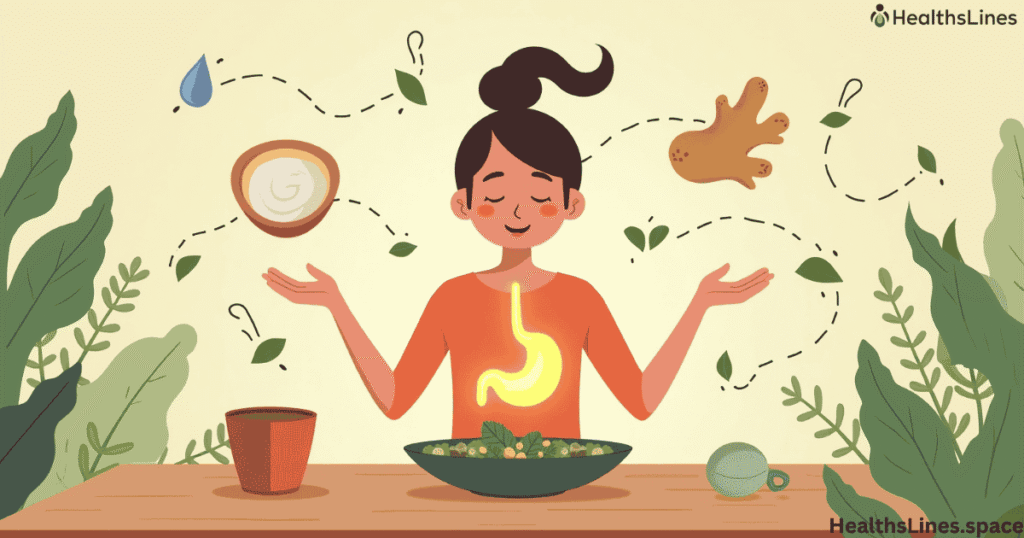
After a meal, your body works hard to digest food. A short walk can help move things along. Research shows that walking for just 15 minutes after eating lowers blood sugar spikes and improves stomach emptying. This helps prevent bloating, indigestion, and heaviness.
You don’t need intense workouts. A light walk around your home, office, or park is enough. Moving your body increases blood flow to the digestive tract and signals your system to stay active. In cultures like Japan and Italy, after-meal walks are a tradition that supports longevity and digestive wellness. This small habit, done daily, can make a big difference.
5. Manage Daily Stress for Gut-Brain Balance
The gut-brain axis is a direct connection between your digestive system and your nervous system. When you’re stressed, your brain signals the gut to slow down or tense up. This can cause cramps, bloating, or even diarrhea. Chronic stress reduces stomach acid and disrupts the good bacteria in your gut.
Practicing daily stress relief helps keep your digestion smooth. Deep breathing, stretching, journaling, or even short meditations can reset your nervous system. When you feel calm, your digestive muscles relax and your gut produces more enzymes. One study from Harvard showed that regular meditation improved IBS symptoms in over 40% of patients. That shows just how much your mood can affect your gut.
6. Limit Ultra-Processed and Trigger Foods
Highly processed foods contain additives like artificial sweeteners, emulsifiers, and preservatives that harm the gut lining. They feed harmful bacteria and starve good ones. Over time, this imbalance can lead to leaky gut, where the intestinal wall becomes weak and inflamed Improve Digestion.
Some foods also act as triggers for certain people. These may include spicy foods, dairy, gluten, fried items, or caffeine. Keeping a simple food diary can help you notice patterns. Once you remove trigger foods, your gut can heal. Instead, choose fresh, whole ingredients like steamed veggies, brown rice, eggs, and lean protein that are easier to digest and rich in natural enzymes.
7. Include Fermented and Prebiotic-Rich Foods
Your gut is full of bacteria that help break down food, fight disease, and make vitamins. Probiotics are good bacteria found in fermented foods like yogurt, kefir, sauerkraut, kimchi, and miso. These foods support your microbiome and improve digestion naturally. Regularly eating probiotics can reduce gas, ease constipation, and support gut flora.
Prebiotics are plant fibers that feed these good bacteria. Without prebiotics, probiotics can’t survive. Garlic, onions, bananas, leeks, and asparagus are great prebiotic choices. A combination of both makes your gut stronger. Here’s a quick table showing top sources of each:
| Food | Type | Benefit |
| Yogurt | Probiotic | Adds healthy gut bacteria |
| Kimchi | Probiotic | Aids in enzyme production |
| Garlic | Prebiotic | Feeds beneficial microbes |
| Bananas | Prebiotic | Promotes bacterial diversity |
| Miso | Probiotic | Improves nutrient absorption |
8. Use Herbal Teas That Aid Digestion
Certain herbs have been used for centuries to support digestive health. Herbal teas help calm the stomach, reduce gas, and soothe inflammation. Ginger tea boosts stomach acid and bile, while peppermint relaxes digestive muscles and reduces bloating. Fennel helps with cramps, and chamomile reduces inflammation in the gut lining.
A warm cup after meals helps relax your entire digestive system. Herbal teas are caffeine-free and rich in antioxidants. For people with sensitive stomachs, they offer a gentle way to support digestion naturally. Just make sure to choose pure teas without added sugars or artificial flavors for the best results.
9. Reduce Alcohol and Eliminate Smoking
Both alcohol and smoking harm your digestive system in serious ways. Alcohol irritates the stomach lining, reduces digestive enzymes, and alters the gut microbiome. Smoking weakens the lower esophageal sphincter, which leads to acid reflux and heartburn. Long-term use can lead to ulcers and even more serious issues.
Cutting back or quitting completely gives your digestive organs a chance to heal. People who stop smoking often report fewer bloating and reflux symptoms. Alcohol should be limited to occasional use, and always with food. Reducing these habits not only improves digestion but also boosts energy and skin health.
10. Improve Sleep Quality and Circadian Rhythm
Your digestive system follows a clock, just like the rest of your body. Poor sleep or irregular sleep patterns can disrupt your gut microbiota and reduce the production of digestive hormones. This can lead to sluggish digestion, cravings, and weight gain.
Try to sleep and wake at the same time every day. Avoid eating heavy meals close to bedtime. Make your bedroom cool, quiet, and dark to improve sleep quality. People who get 7–8 hours of restful sleep often have better gut balance and fewer digestive issues. One study in “Nature” linked poor sleep to lower gut bacteria diversity, which affects overall health.
Extra Tips for Long-Term Gut Health
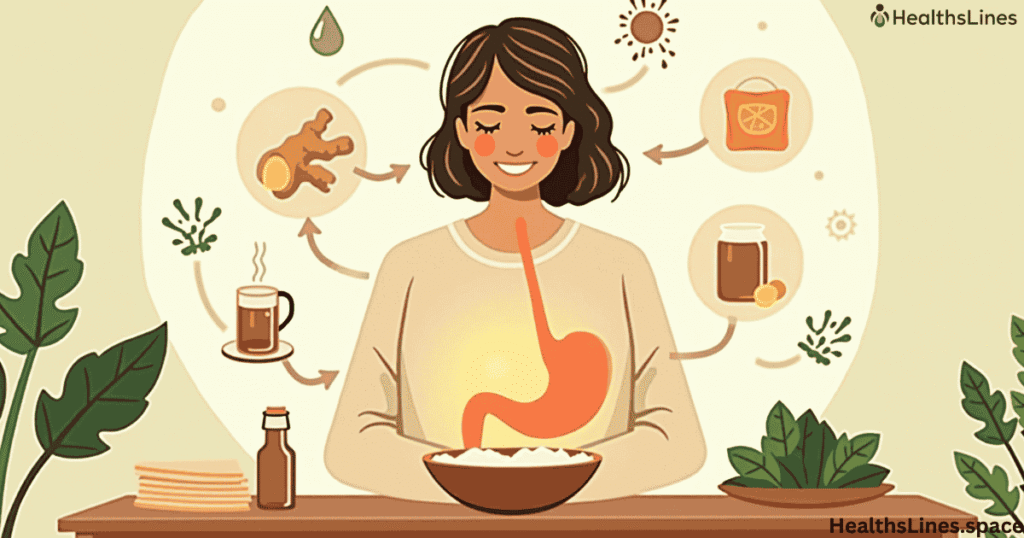
Eating at regular times every day trains your body to digest food more efficiently. When you skip meals or eat at odd hours, your stomach struggles to produce the right enzymes at the right time. Regular meal times support hormone balance and keep your metabolism steady.
Avoid eating late at night. Your body slows digestion after dark. Late-night meals often sit in your stomach longer and can cause bloating or reflux. Also, if you’re trying to find food sensitivities, try an elimination diet under supervision. Removing and reintroducing foods helps identify what triggers symptoms without harming your gut.
Sample Day Plan for Better Digestion
A daily schedule built around gut health can improve digestion naturally. Below is a simple plan you can follow:
| Time | Action |
| 7:00 AM | Warm water with lemon |
| 8:00 AM | High-fiber breakfast (oats + fruit) |
| 10:30 AM | Herbal tea (ginger or fennel) |
| 12:30 PM | Balanced lunch + short walk |
| 3:00 PM | Prebiotic snack (banana + yogurt) |
| 6:30 PM | Light dinner, mostly veggies |
| 8:00 PM | Chamomile tea |
| 10:00 PM | Sleep |
Conclusion
Improving digestion is not about doing one big thing. It’s about small, consistent habits that support your body every day. By adding fiber, drinking water, walking, reducing stress, and avoiding harmful foods, you give your gut what it needs to thrive. These habits don’t just help your stomach; they improve your brain, skin, and mood too.
Digestion and gut health are closely linked to your quality of life. When your gut feels good, everything else feels better too. Start with one or two tips and build from there. Your body will thank you for it.
